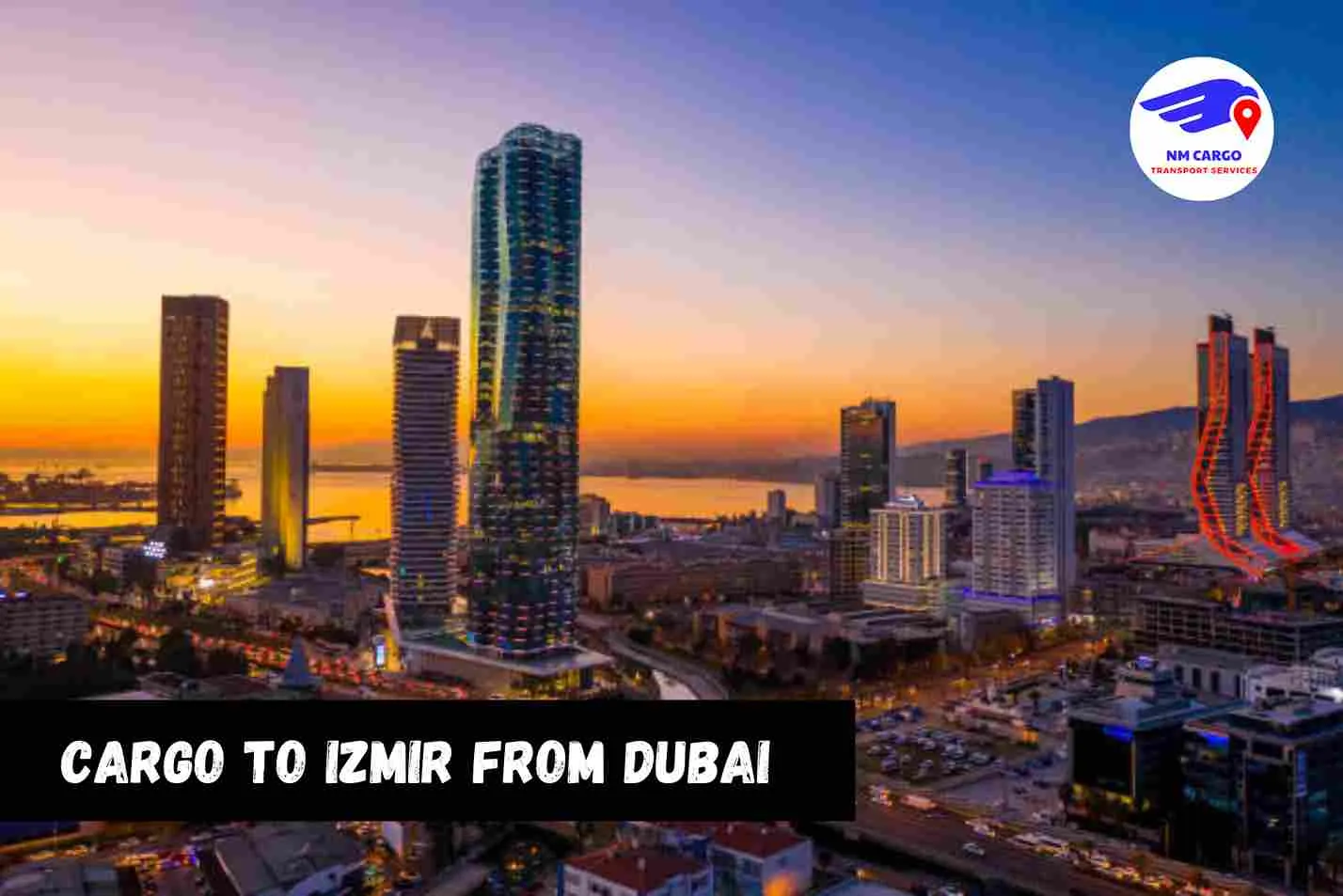In the realm of international logistics, the transportation of cargo between Dubai and Izmir represents a vital trade route connecting the UAE and Turkey. Izmir, as one of Turkey’s major cities, has a significant role in trade, commerce, and industry. This guide delves into the essential aspects of cargo services from Dubai to Izmir, providing a detailed overview of the process, requirements, and considerations involved.
Understanding the Importance of the Route
Dubai is a global business hub renowned for its advanced infrastructure, economic dynamism, and strategic location. On the other hand, Izmir is a prominent Turkish port city with a thriving economy based on agriculture, manufacturing, and trade. The cargo route between these two cities supports a wide range of industries, including:
- Textiles and Apparel
- Electronics and Machinery
- Pharmaceuticals and Chemicals
- Consumer Goods
Efficient cargo services between Dubai and Izmir facilitate trade and economic growth, benefiting businesses and consumers in both regions.
Types of Cargo Services
When shipping cargo from Dubai to Izmir, various service options are available, each catering to different needs:
1. Air Freight
Air freight is the fastest mode of cargo transport. It is ideal for high-value or time-sensitive shipments. Key benefits include:
- Speed: Fast delivery times, typically within a few days.
- Security: Enhanced security measures for valuable goods.
- Reliability: Consistent scheduling and less risk of delays.
2. Sea Freight
Sea freight is the most economical option for larger or bulkier shipments. It involves transporting goods via cargo ships and is suitable for:
- Large Volumes: Cost-effective for substantial quantities.
- Less Urgent Shipments: Longer transit times but lower costs.
- Varied Cargo: Suitable for various types of goods.

3. Land Freight
Land freight can be an alternative for shipments that need to be transported within Turkey after arriving at a nearby port. It includes:
- Truck Transport: Efficient for overland delivery within Turkey.
- Flexibility: Adaptable to different cargo sizes and types.
Payplus Card Balance Check Online
If you’re looking for a convenient way to manage your finances, you can easily payplus card balance check online. This online service allows you to quickly check the balance of your Payplus card without having to visit a physical location. With the option to payplus card balance check online, you can monitor your spending and ensure your card is ready for use whenever you need it. Make sure to use the payplus card balance check online feature regularly to stay on top of your financial situation and avoid any surprises.
Customs and Documentation
Navigating customs regulations and documentation is crucial for smooth cargo transport. Key requirements include:
1. Commercial Invoice
A detailed commercial invoice listing the contents, value, and origin of the cargo is required for customs clearance.
2. Packing List
A packing list provides information about the contents and packaging of the shipment, helping customs officials inspect and verify the cargo.
3. Bill of Lading
A bill of lading acts as a receipt for the cargo and a contract between the shipper and carrier. It is essential for both sea and air freight.
4. Certificate of Origin
A certificate of origin certifies the country where the goods are manufactured and may be needed for tariff purposes.
Shipping cargo from Dubai to Izmir involves various considerations, from selecting the appropriate transport mode to handling customs requirements and choosing a reliable service provider. By understanding these factors and planning accordingly, businesses can ensure efficient and successful cargo operations between these two key cities.









